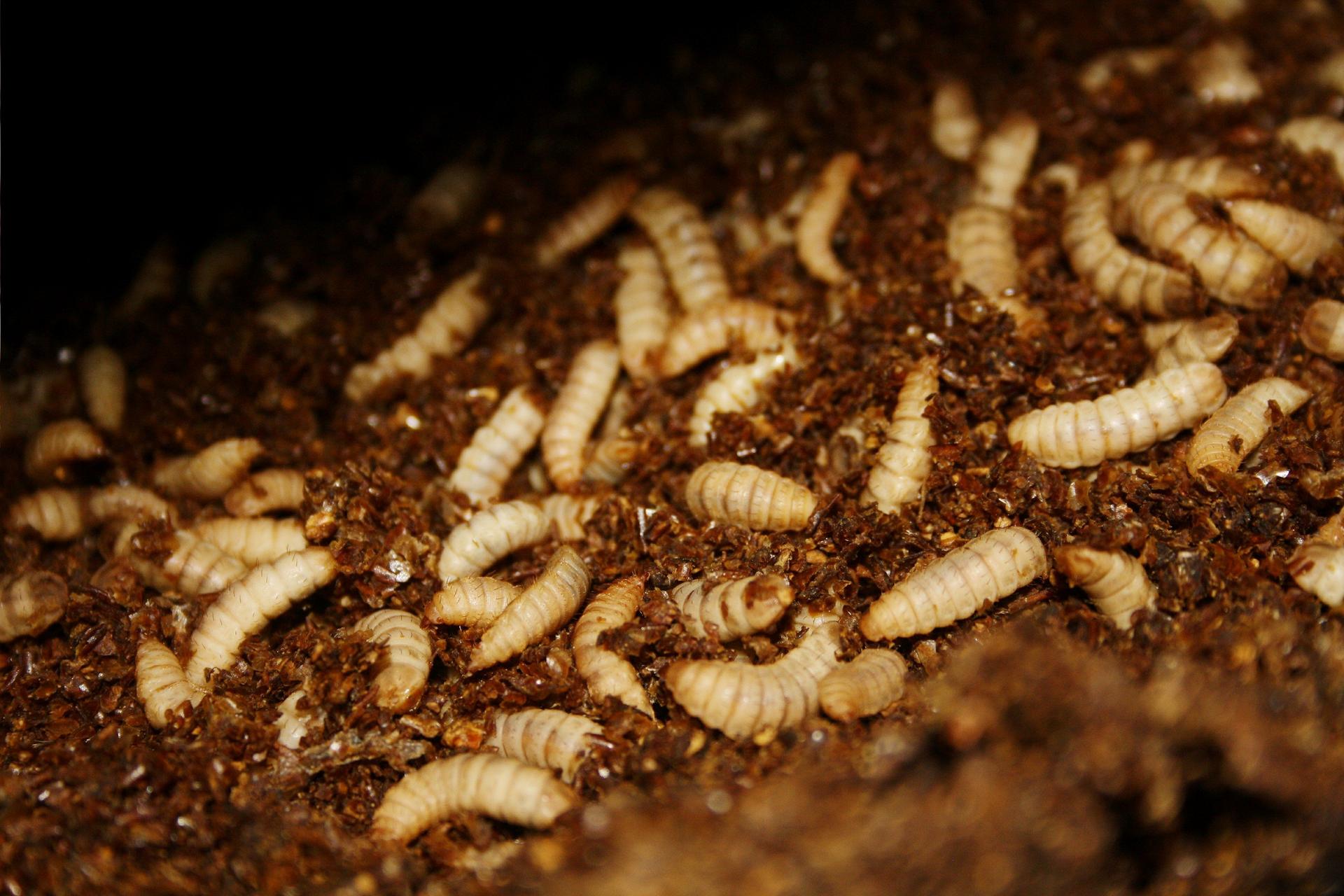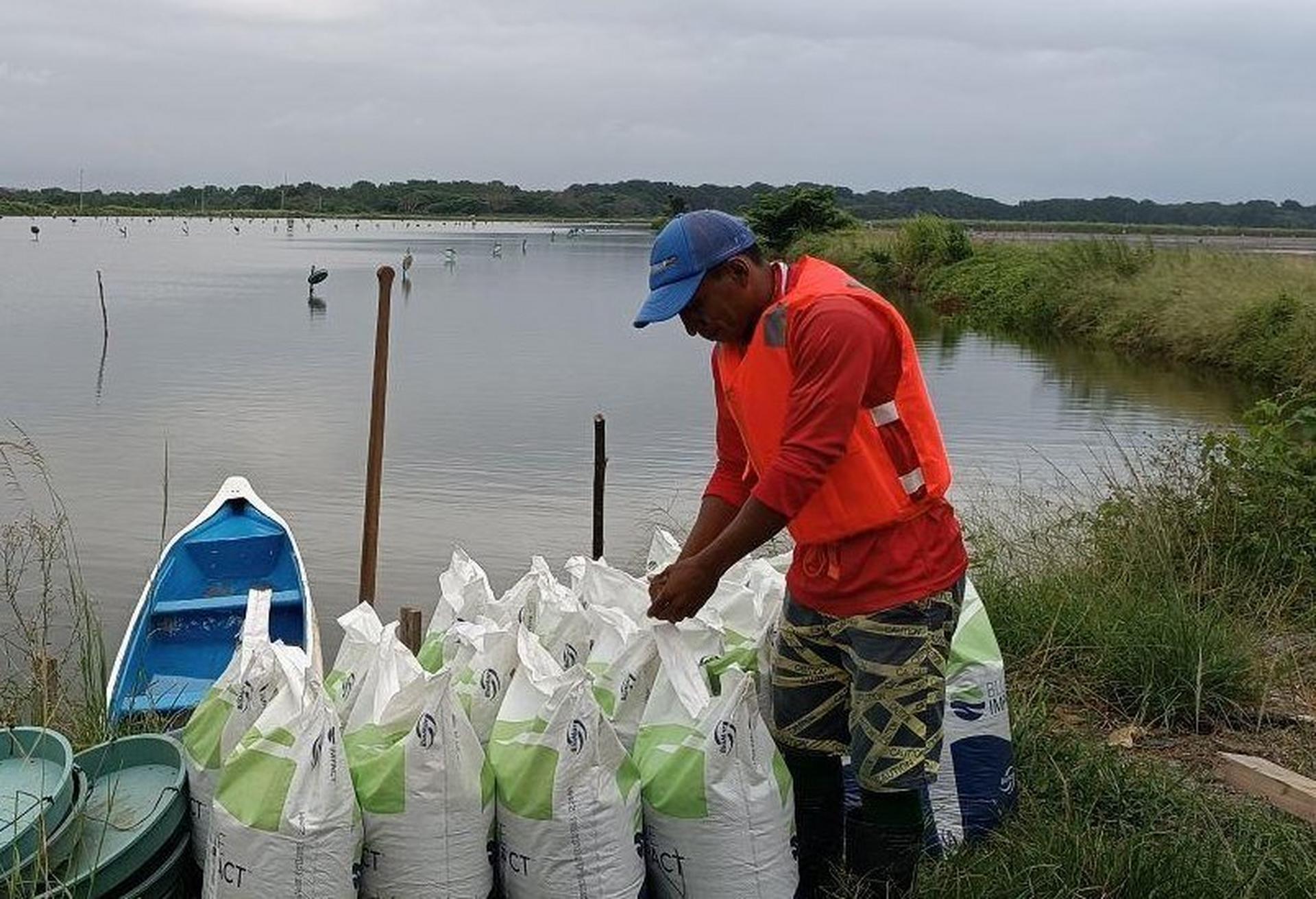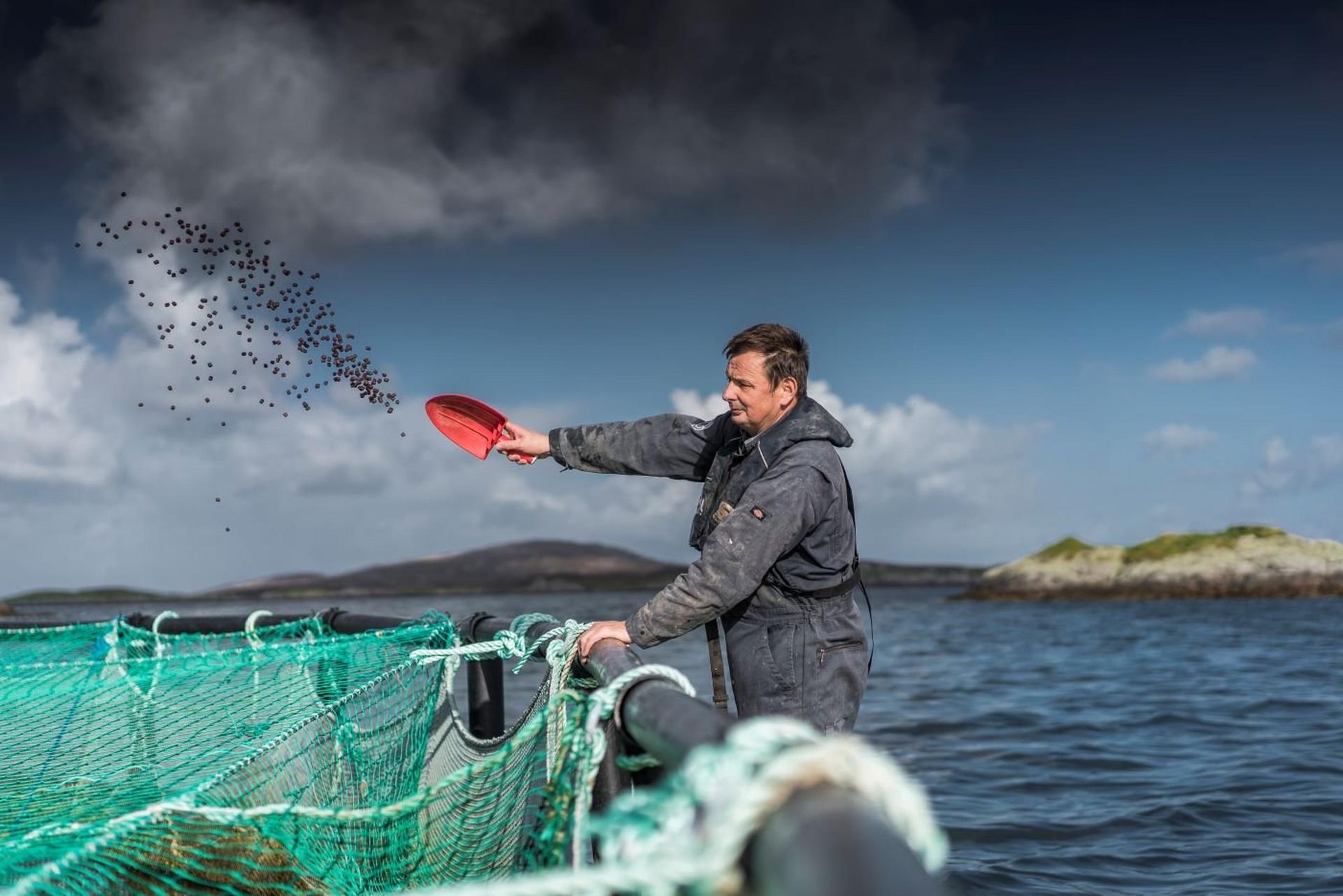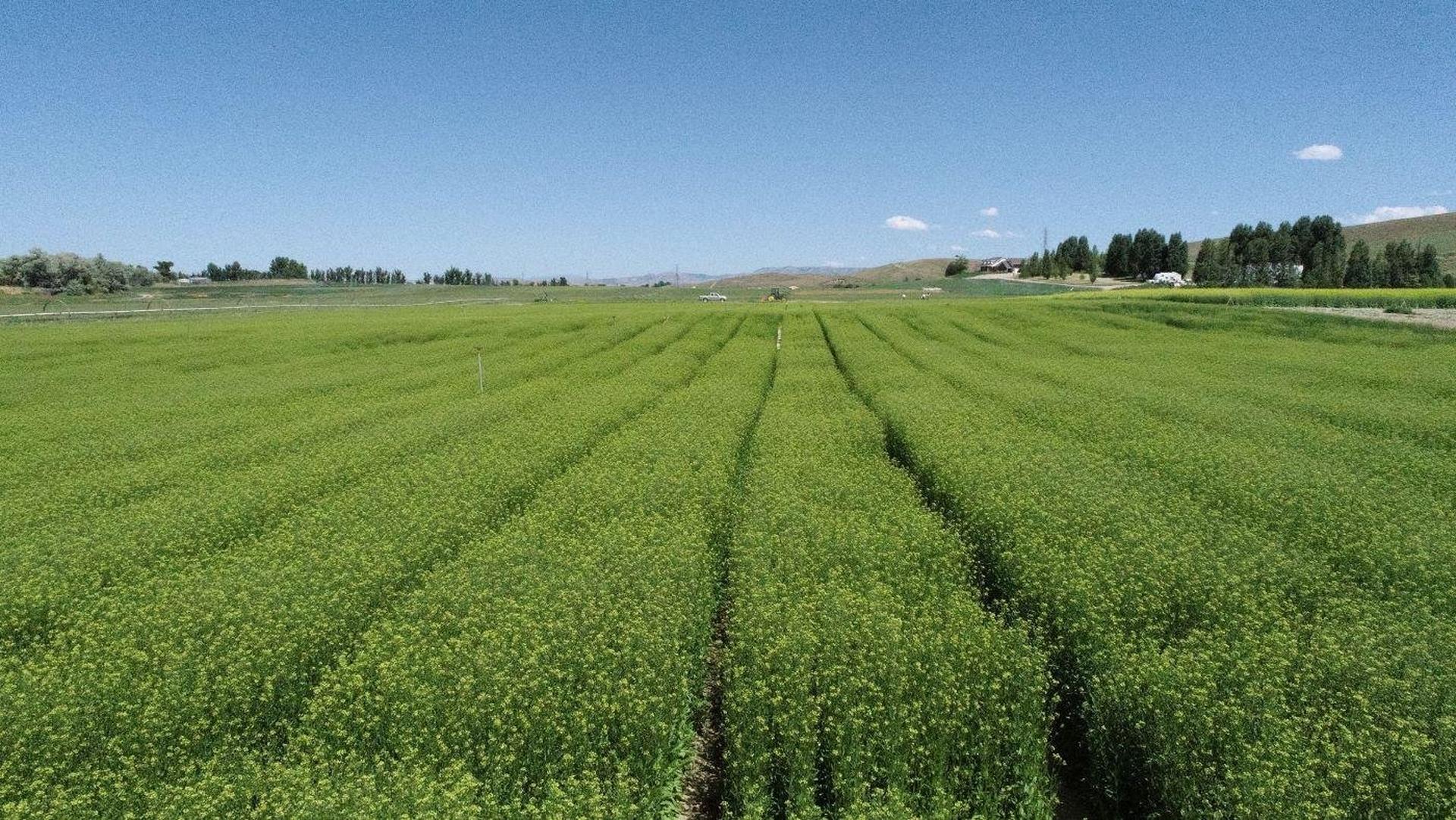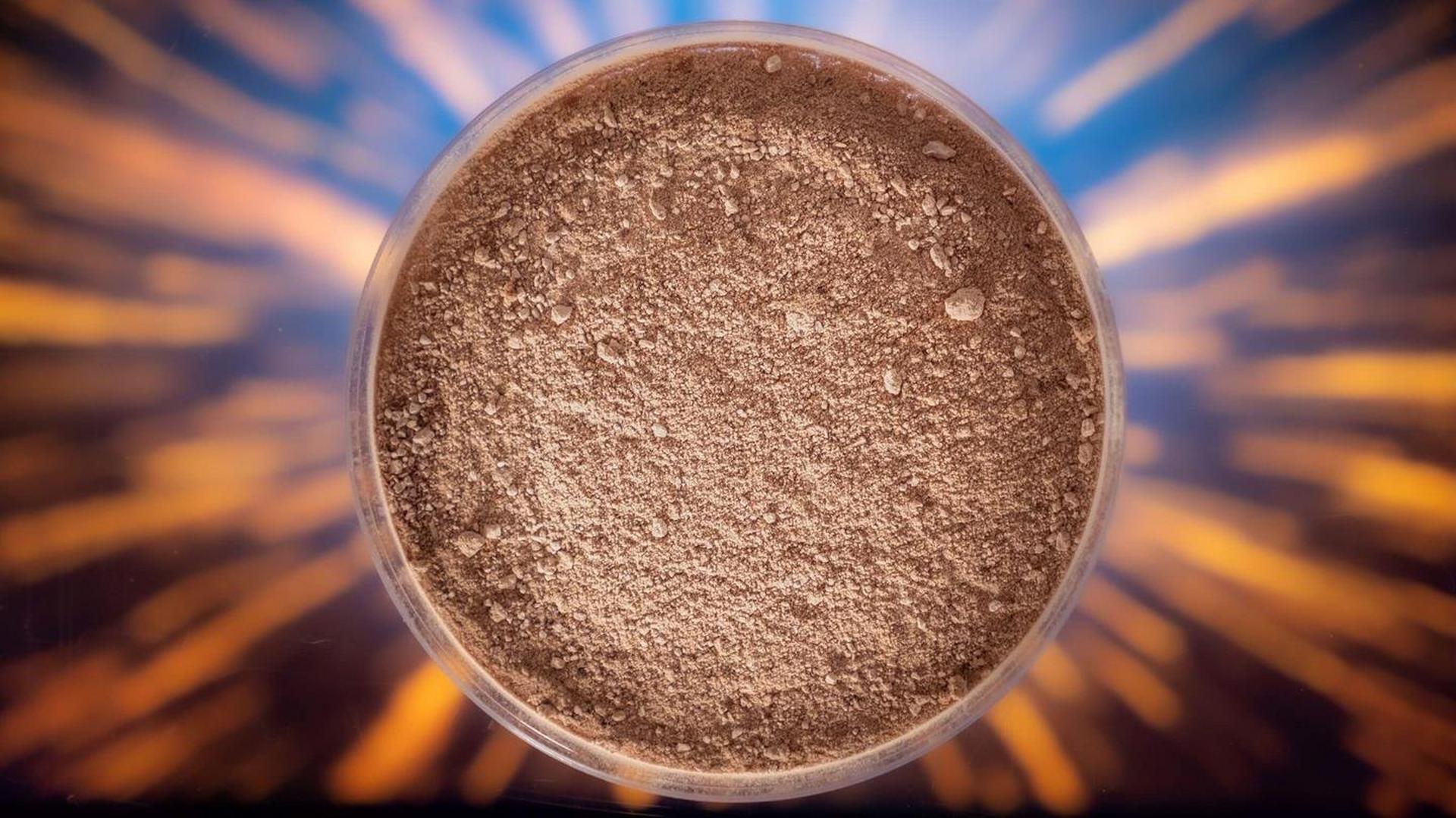The producers of the Aquitaine region have carved out the necessary conditions to guarantee consumers the highest quality of French caviar. This has become the basis for the creation of an IGP (Indication Géographique Protégée) or Protected Geographical Indication, which is currently underway of approval.
This Blue Impact product development initiative aims to guarantee consumers an authentic product that respects the planet and its natural resources, meets strict production standards, and, above all, improves over time; because its development is evolutionary, i.e. its formulation will vary with each optimization according to the raw materials.
Formulating a food according to its impact means finding a balance between the impacts produced by the raw materials from which it is made.
This transparency level reinforces the confidence of consumers, who are increasingly concerned about the ethics and sustainability of products. Monitoring ensures that sturgeon farming conditions are respected, ensuring compliance with environmental standards and strict animal welfare regulations.
For more BLUE IMPACT projects and partnerships, aiming to build an efficient and sustainable aquaculture industry for everyone.





